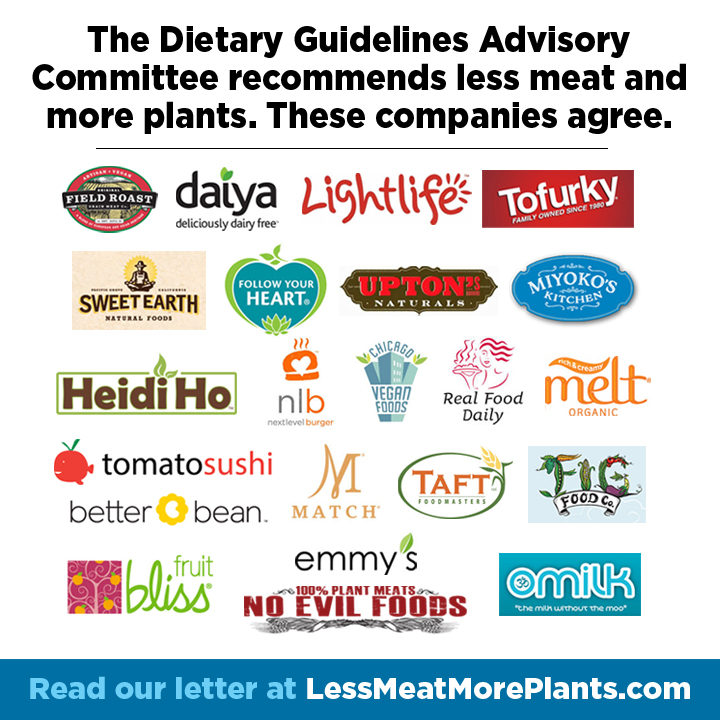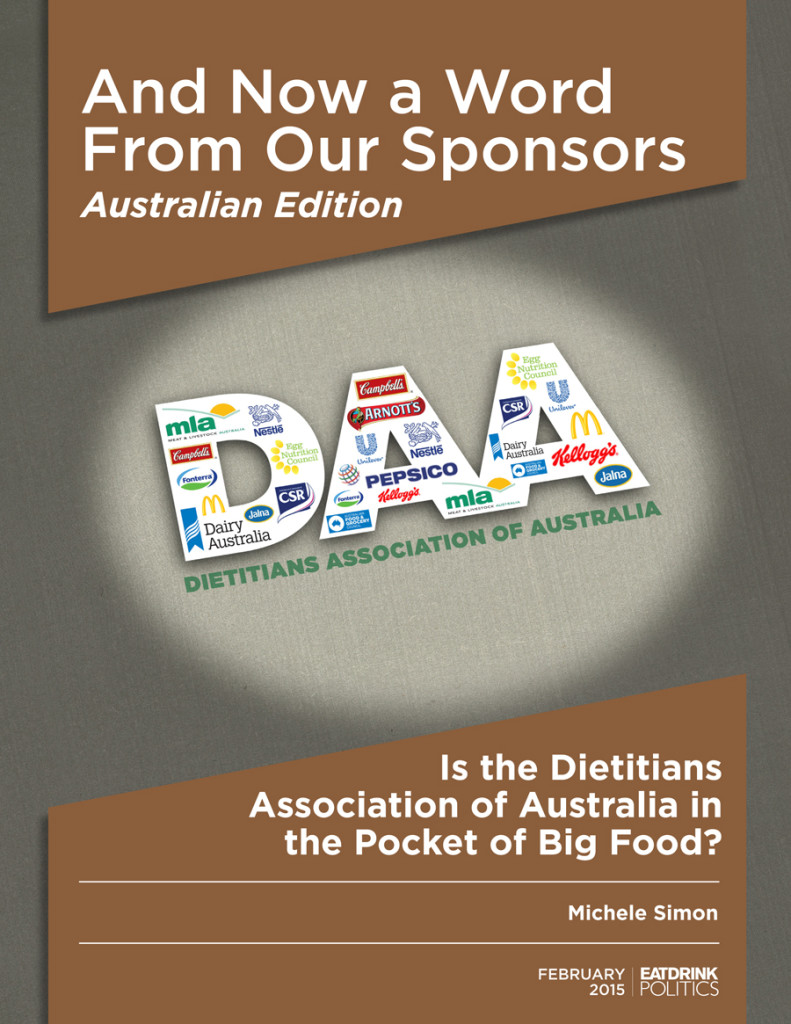Federal court in New York says – for the first time – consumers can sue over violations of organic law

I am often asked, can we trust the USDA organic seal? My answer is for the most part yes, because it’s based on clearly defined legal standards, as opposed to say, the word “natural.” But two class action lawsuits against leading makers of organic infant formula are making me rethink that answer. One case is against Abbott Laboratories alleging its Similac Advance organic infant formula contains 26 (more than half) ingredients not allowed in organic products; specifically: “irradiated substances, synthetic compounds, or produced from hazardous substances.”
The other case, perhaps more disturbingly, accuses natural food giant Hain Celestial Group of false and misleading labeling by violating the organic standards with its Earth’s Best Organic infant formula, along with numerous other products. (Both cases were filed in New York, the plaintiffs live in New York and California.) From the complaint:
Behind the picturesque red barn of the Earth’s Best logo lies a chemical soup. Of the 48 ingredients in Earth’s Best Organic Infant Formula more than half – 26 are not permitted in organic foods by federal law. More than three-fourths – 38 of the ingredients are synthetic compounds, including artificial flavors, artificial preservatives, artificial colors, toxic compounds, and hazardous substances.
Earth’s Best Organic formula dominates the organic formula market with 65% dollar share. The judge in that case recently made an important legal ruling that could significantly impact future litigation regarding organic products. In its defense, Hain Celestial tried to claim that the federal Organic Foods Production Act preempts or trumps the state-based consumer deception claims made by the plaintiffs. (Preemption is an common defense in lawsuits like this.) But the judge didn’t buy it, denying the defendant’s motion to dismiss and allowing the case to move forward. In doing so, the court said:
[T]his Court rejects the premise that once a certifying agency has passed on a product’s organic status, a state-law verdict may not deem the sale or labeling of that product as “organic” false or misleading.
This ruling is important because it allows for a private right of action under state consumer protection laws for alleged violations of federal organic standards. In an apparent attempt at damage control, Hain Celestial put out a press release on Monday claiming its “full line of Certified USDA Organic Formulas [is] made with pure, high quality ingredients for babies and toddlers.” The release also notes: “The organic formula industry continues to grow and is relied on by parents deeply.” That much is true. That’s why it’s especially troubling if parents have been deceived into feeding their babies formula labeled certified organic that in fact contains numerous unapproved ingredients.
(Disclosure: I occasionally consult with one of the law firms involved; I was not paid to write this.)
















